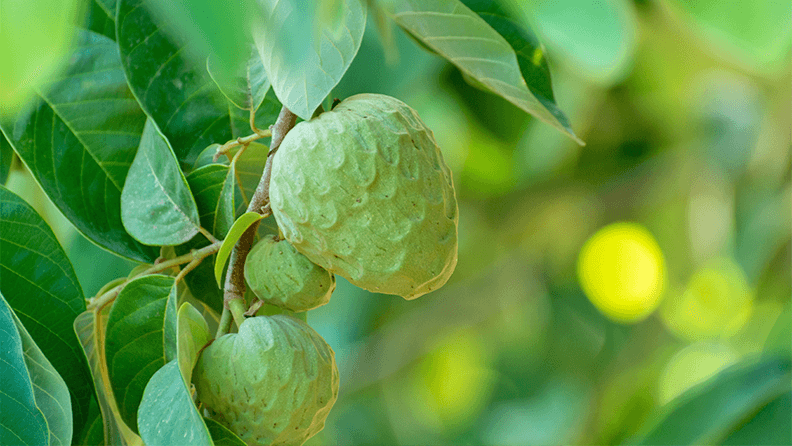Guave
- Scarlet Allen
- Jul 4, 2023
- 2 min read
Updated: Jul 7, 2023
Psidium guajava

Habitat: Common in disturbed places often forming thickets in pastures, plantations and other similar habitats in the Pacific Islands.
Main bloom time: Throughout the year, but mostly February–June
Bloom color: white
Harvest time: throughout the year (except during May and June)
Growth: 6-13 meters
Edible parts: fruits, leaves, oil
Other uses: Medicinal, wood working
Plants present at Son Selva: 1
Guava is a popular fruit tree in the pacific, but widely unknown in Europe. It is a small growing tropical evergreen native to the Caribbean, Central America, and South America. It is an excellent pioneer species that can thrive at high temperature and drought conditions. The plant succeeds in full sun and quickly establishes itself in pastures and orchards. Whenever I hear "drought resistant", I gotta get the tree right away! So we introduced one beautiful little guava tree to our food forest in spring 2023.
The fruit is consumed raw or cooked, made into jams or used as an ingredient in desserts. The seeds are source of edible oil. The leaves can also be used in cooking. They are ripe for picking three to four months after flowering, but can only be stored for a few days, refrigerated they can be kept for two to three weeks. The taste is reminiscent of pears or strawberries.

Medicinal uses:
Guava has a wide range of medicinal uses. In particular, it has antibacterial properties, an astringent, anti-inflammatory, and anti-diabetic. It is used against dysentery, diarrhea, hepatitis, gonorrhea, coughs, stomach pain, skin problems, ringworms, wounds, and ulcers. The fruit can be sweet to acidic and is high in vitamin C and it is also a good source of vitamin A and pectin.

Other uses:
The leaves and bark are used for dyeing. The wood is used for tool handles, fence posts, carpentry, and turnery. However, it is best used as firewood and charcoal. It is resistant to insect and fungal attack. An edible oil is obtained from the seeds. In some Asian countries such as Indonesia, the leaves are used in cooking.
Source: Plants for a future




Comments